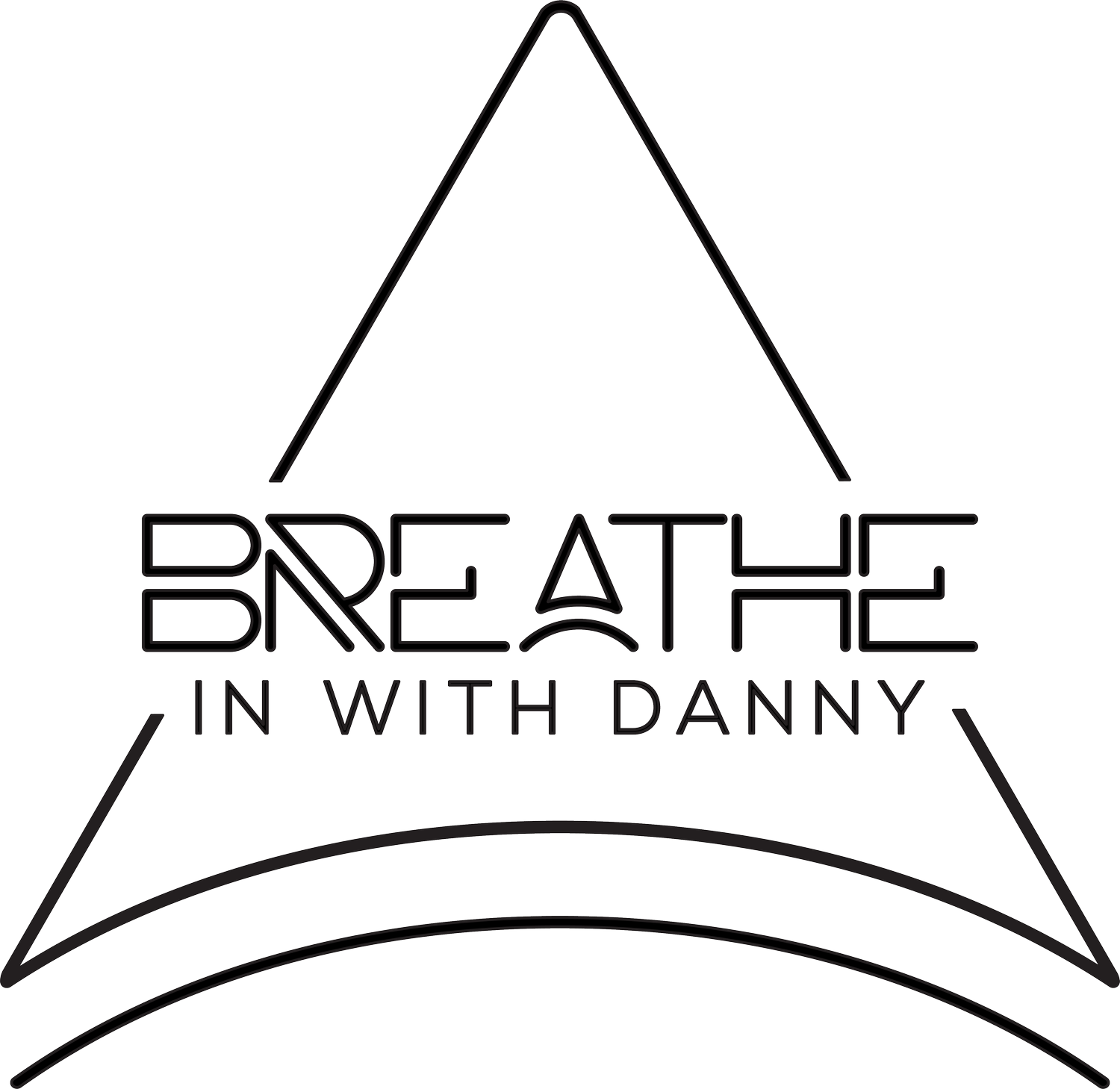The Benefits of Breath Holding
There is nothing more stressful than not being able to catch your breath. You certainly cannot catch your breath when holding it. However, what about when you chose to do so? Is our biochemical reaction to this process different when we choose to do so for the benefit of some kind? We shall find out in this blog.
We have highlighted one of the benefits of breath-holding. To learn more about this, kindly scroll down and continue reading.
The Mechanism
Since oxygen is essential for our cellular metabolism, the body has a control mechanism to keep the oxygen concentration as balanced as possible. This mechanism depends to a large extent on haemoglobin, a protein present in red blood cells that increases in hypoxic conditions to counteract oxygen reduction.
The benefits of training at altitude seek, above all, an increase in hematocrit (amount of red blood cells in the blood) since hypoxia produces a decrease in oxygen saturation in the body that triggers a compensatory response by increasing the mass of haemoglobin in the blood. This increase results in an improvement in maximal oxygen consumption, one of the main performance markers in endurance sports.
Furthermore, while it was put forward that these advances occurred only in subjects with insufficient haemoglobin levels, improvements of 3-4% have been seen even among athletes with elevated baseline values (>14g/kg) during training camps in the past few years who lived “high” (2200-3000 meters) and trained “low”.
Holding Your Breath can Improve the Ability to Perform High-Intensity Repeated Efforts.
One of the effects of breath-holding (breathing out and holding your breath) in short-duration sprints is seen in a study on swimmers. It was found that, after 6 sprint sessions in apnea (2 series of 16 series of 15 meters with 30 seconds of rest between repetitions), they increased their capacity to do repeated sprints (from 7 to 9).
Conversely, those who trained with a normal breathing pattern did not improve. Along the same lines, this time in rugby players, a study by the same research group demonstrated how after 4 weeks of training (2-3 series of 8×40 meters sprints), those who performed the sprints in apnea increased the number of repeated sprints by 64%. They went from being able to do 9 to 15.
Breath Holding and Stress Response
Breath-holding activates a stress response by releasing norepinephrine, and this chemical is correlated with an improved immune system and dopamine, the motivating hormone. ScienceDaily.com published an article on Wim Hof’s breath-holding practices sitting a study in which Hof was injected with a bacteria and could avoid typical symptoms by activating his autonomic immune system.
The founder of The Stress Theory, Hans Selye, famously stated: “It is not stress that kills us; it is our reaction to it”. Human beings breathe both voluntarily and involuntarily. I subscribe to the belief this is not a coincidence, it's innovation. The practice of breath-holding proves we can manipulate a robust stress response.
In Conclusion
In summary, modulating the respiratory rate can produce physiological changes similar to those that occur at altitude. Metabolic and cardiovascular adaptations derived from HIT while holding your breath can improve important parameters in different disciplines such as swimming, cycling or team sports.


